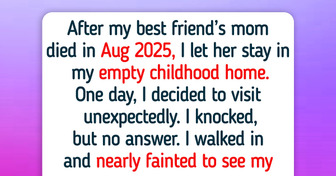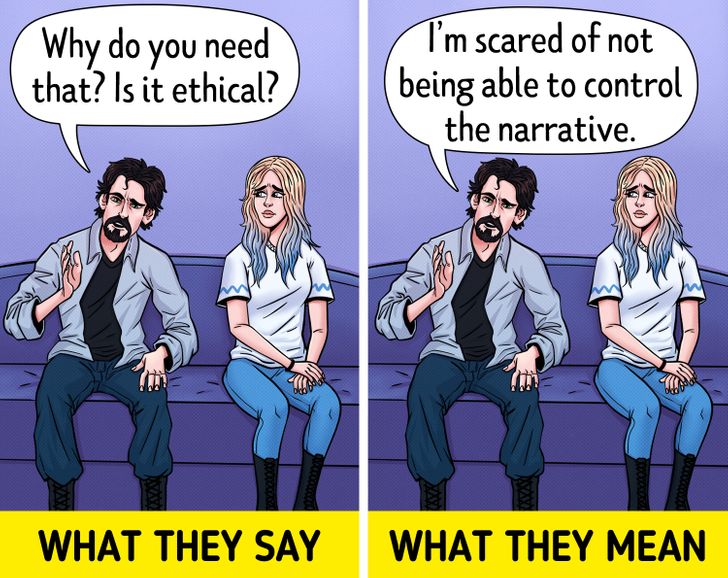Experts Shared 10 Red Flags That Scream, “You’ve Got to Break Up If You Keep Ignoring Them”
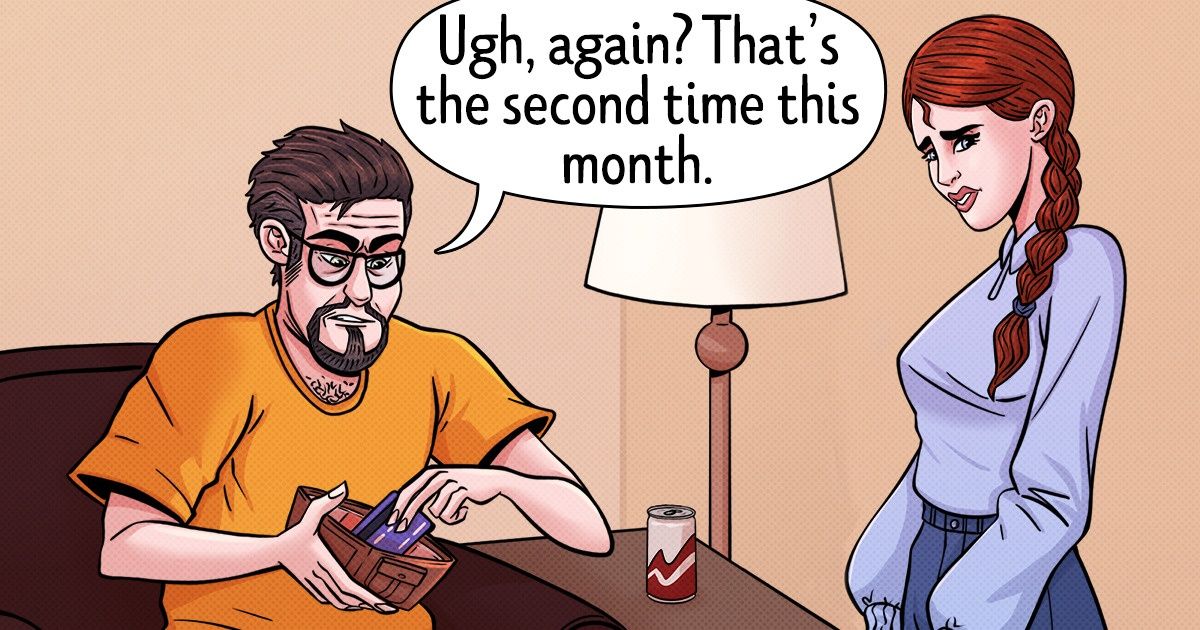
Relationships are not always an easy ride. When reality hits, you have to find a way to communicate your wishes and grievances to your partner. It can be hard to spot a bad sign right away, and sometimes it requires professional help.
Reddit users asked couples therapists on the platform to share the most common red flags they’ve encountered in their practice and whether or not the situation can be fixed. Many family experts engaged in this conversation on the sensitive topic.
We at Bright Side collected some of the most eye-opening responses and want to share them with you. And at the end of the article, you can find 2 things that are often perceived as red flags but actually aren’t.
1. Trying to escalate any issue
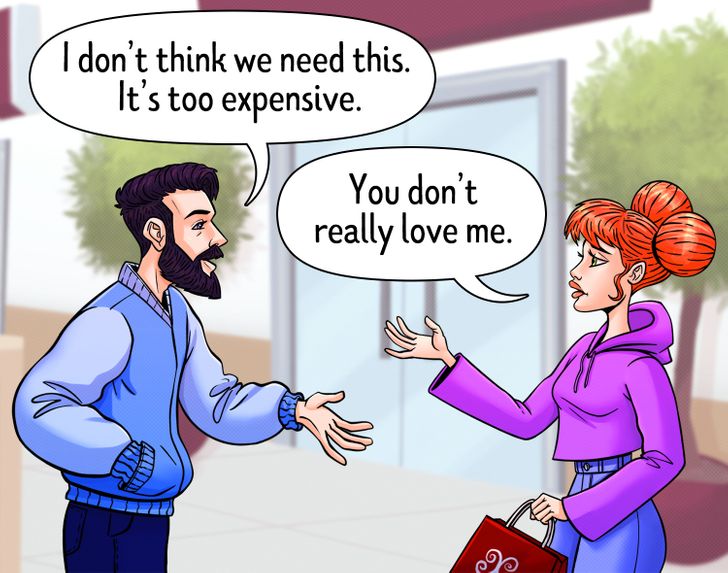
This can be seen in the constant, needless escalation of a conflict, where any minor disagreement can blow up to a huge problem. It shows up quickly in therapy if you’re watching for it. This is mostly because the one using this to avoid accountability is almost guaranteed to play this card in relation to the therapy itself, saying either, “I had to drag them here,” or “They’re just trying to break up with me.”
What they’re doing is avoiding having a conversation about the issue by blowing it up into a bigger problem than it is, making the other person respond to their feelings rather than deal with their concerns.
2. Refusing to meet with the therapist individually
During the first session, I share that during the assessment, I like to meet with them both together and then once each, individually. Occasionally, I’ll have partners who suddenly become very critical or suspicious about this. It goes beyond curiosity or simply inquiring about the practice. There is an incredulous and almost panicked tone to it.
And sure enough, every single time, they turn out to be some variation of controlling, manipulative, and abusive.
3. A “so what” attitude toward problems
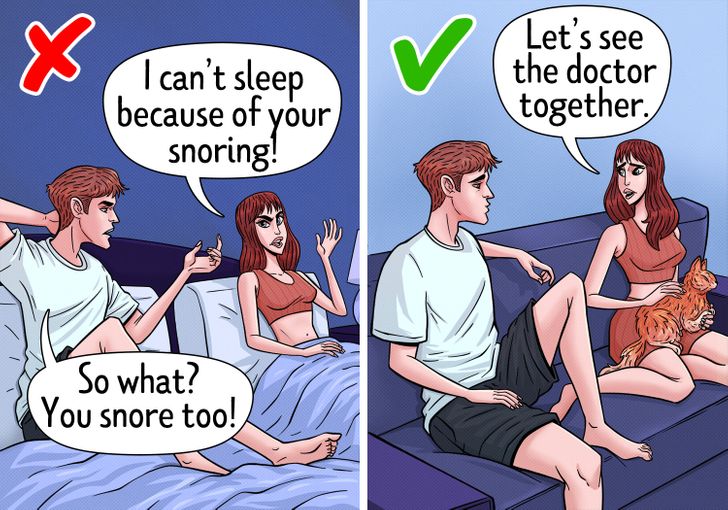
Instead of taking ownership and responsibility for their contribution to the degradation of the relationship, one or both parties simply point out an example of the other exhibiting similar behavior.
This is a red flag because it illustrates their lack of self-awareness and poor communication skills. Communication is key when trying to mend a tattered relationship because, without respectful communication, the conflict-recovery process can never begin.
4. Forgetting the good things
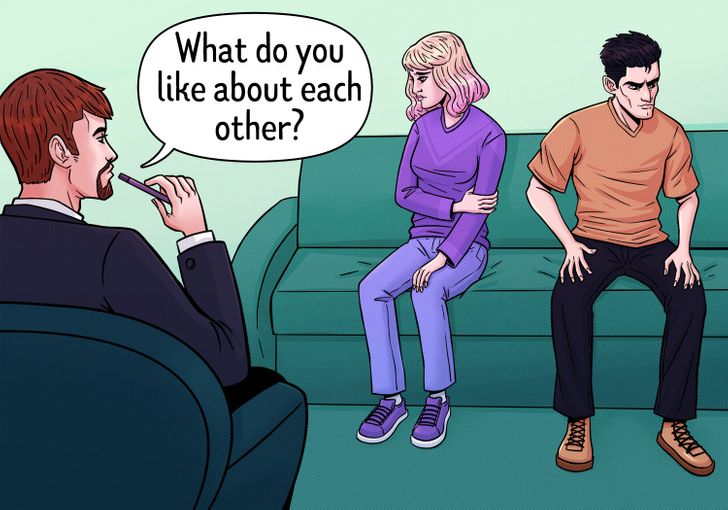
One of the biggest red flags I see when working with a new couple is when they’ve totally forgotten the good things about being with each other. Part of relationship therapy is reconnecting a couple with what they like about each other, what initially attracted them to each other, and what the positives are between them. When people have been unhappy for so long that they can’t remember what it was like to be in love or to even like each other, they’re just about hopeless.
Couples that are fighting still have some amount of connection, even if it’s negative. The situation I’m talking about is more cold and separate. People at this level are usually nothing more than distant roommates.
5. Invalidating each other’s feelings and opinions
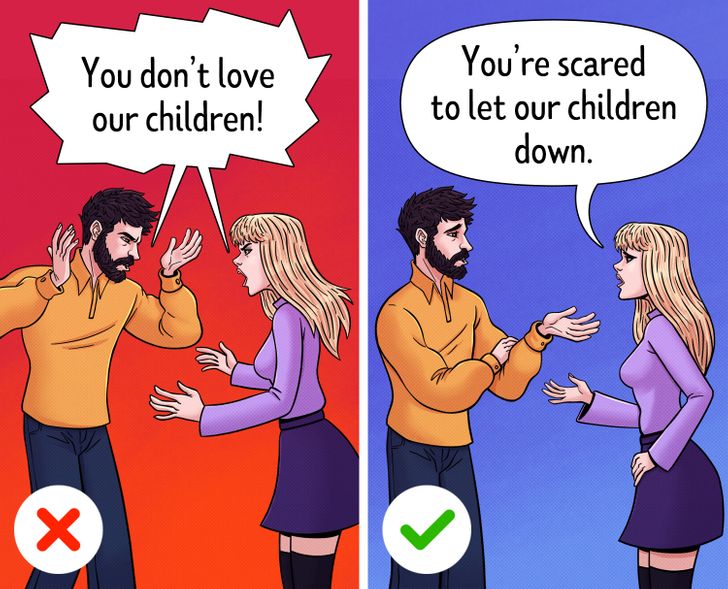
This comes in many forms, from gaslighting to just simple denial of another’s opinion. Most of the time, one or both parties are simply trying to be heard on an emotional level, but the other party takes this as a personal attack on their ideals. We’ve all heard of or know people who will literally disagree with anything you say simply because you said it. That’s the invalidation I’m referring to.
The solution here is to attack the problem, not each other. People rarely have the exact same stance on a conflict, but they usually (in healthy relationships) have very similar core values. While parents may disagree on how to parent a child, the core value of caring about their children and wanting them to succeed is the same.
6. Being completely dependent on the partner
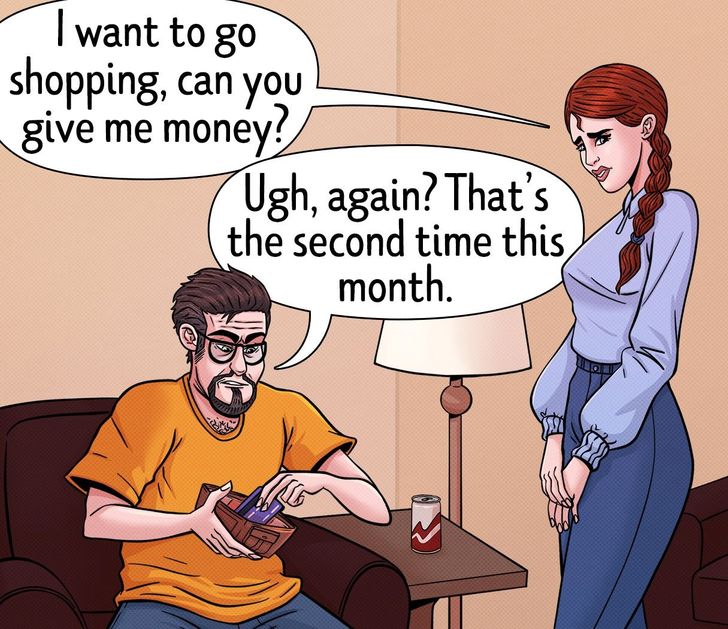
These are typically young women (and sometimes young men as well) who don’t work, don’t have children, stay home all day, and have no friends or hobbies outside of hanging out with their spouse. This is very unhealthy and always ends in a painful and messy breakup.
Generally, we try to get them to find a friend, join a community, get a job, or volunteer — something to provide them with self-worth and personal fulfillment outside of their spouse.
7. Having no warm feelings about how you met
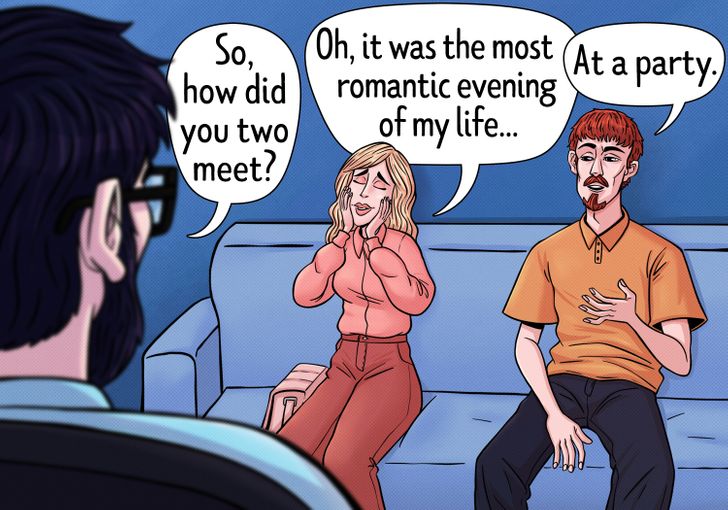
For me, an unofficial litmus test is when I ask how the couple met. If there are absolutely no positive feelings from either person, no one even cracks a smile, or they just give me a single sentence answer, that’s usually a signal that they’ve been unhappy for a long time or that the conflict is so overwhelming, they can’t access those warm fuzzy feelings from the beginning of their relationship.
Hearing about their first few months together is a fun and illuminating part of therapy. Only a few times have I seen flat or negative responses, and it breaks my heart every time.
8. Being actively independent of each other
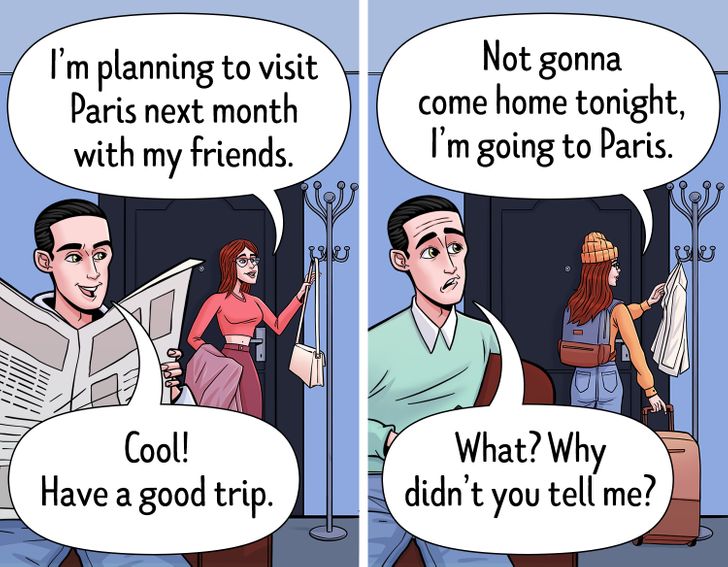
Active independence from each other is my #1 sign of “this marriage is about to spiral downward.” As soon as I realize a couple is doing things separately, like applying for a car loan without the other’s knowledge or planning personal trips without consulting the other, I know that the couple is soon doomed.
9. Staying together for the kids
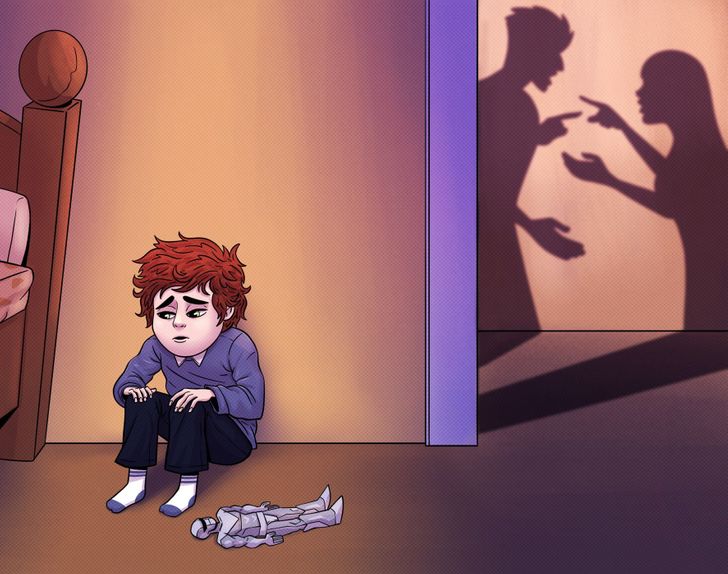
“We’re staying together for the kids.” This leads to an unhealthy mindset where the couple sees the children as a burden and believes that remaining in an unhealthy relationship will somehow make the kids turn out all right.
Kids are smarter than you think, and if their parents don’t love each other, they’ll pick up on it. If the kids are really the priority, the couple will either learn to fix the relationship or end it.
10. Having overbearing parents and in-laws
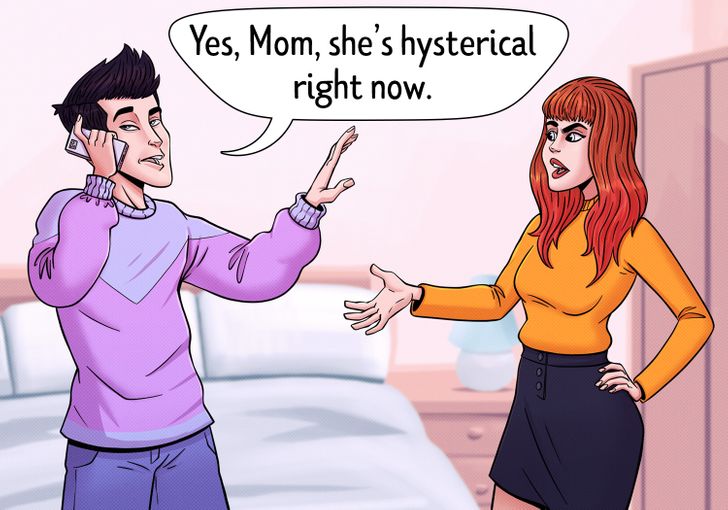
I understand there’s a ton of cultural nuance here, and I work with couples who have arranged marriages. However, when a spouse is more allied with their parents and calls them on speakerphone during fights, or often speaks ill of their partner to their parents, I usually see these couples stay very unhappily married for years.
Bonus: what is actually NOT a red flag

2 things that people often believe are that red flags of poor relationships can be measured by the number of conflicts the couple has and how much they yell. Neither is inherently a characteristic of a good or bad relationship, but they could be perceived as more common in bad relationships.
The reality of the situation is that healthy relationships actually have a comparable amount of conflict, but are more intensely focused on addressing the core issue rather than the beliefs and self-worth of the other. As for yelling, in this case, it’s an emotional response to not feeling heard. While it’s not the best response to the distress, it also isn’t an indicator of poor communication skills.
What problems have you encountered in your relationships? Are your relationships romantic, platonic, or familial?
Comments
Related Reads
11 Narcissistic Traits of Mothers Who Don’t Even Know They’re Ruining Their Kids’ Lives

13 Pictures of What Life Would Be Like Without Lies

13 Shopping Moments That Are Funny and Frustrating at the Same Time
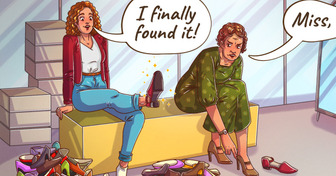
10+ Shocking Events That Made People Wonder If They’re in a Weird Dream

’’We Got Stares’’, Parents Choose to Remove Baby Girl’s Rare Birthmark to Avoid Rude Reactions

8 Ways to Heal From Toxic Parents
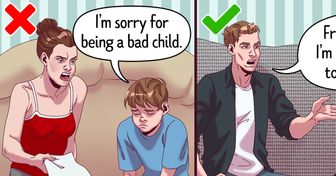
10+ People Who Witnessed the Most Harrowing Turn of Events

10 Important Things You Can Teach Your Child by Age 10
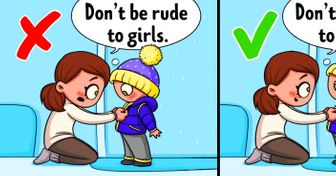
8 Cool Psychological Tricks to Read People’s Minds

10 Moments That Prove Kindness Still Wins in an Unfair World
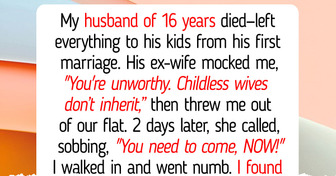
15+ Couples Who Prove That Real Relationships Are Funnier Than Any Sitcom
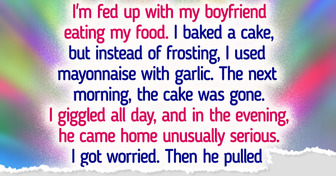
11 Real Stories That Show Kindness Can Hurt, but Is Always Worth It
